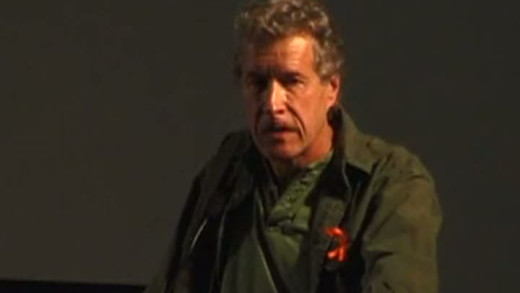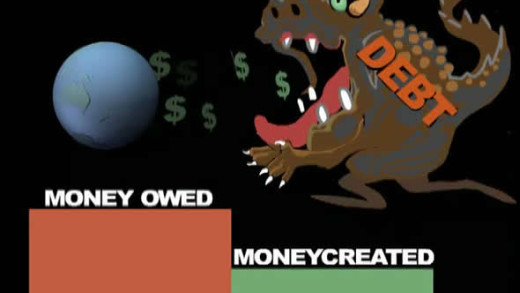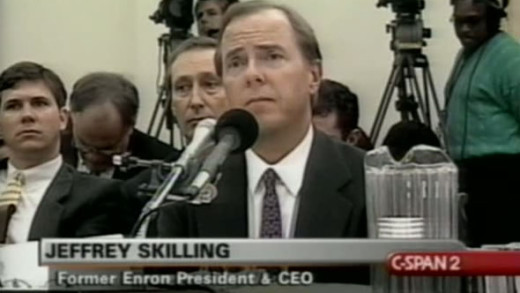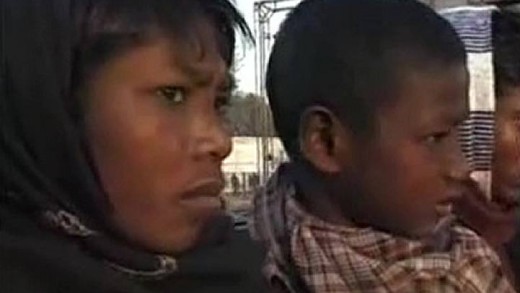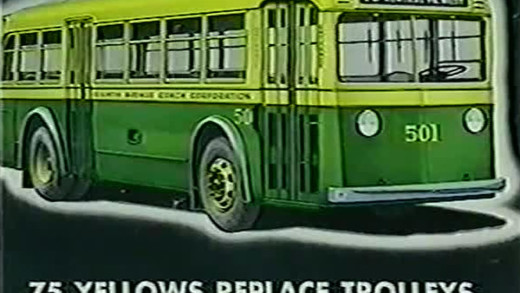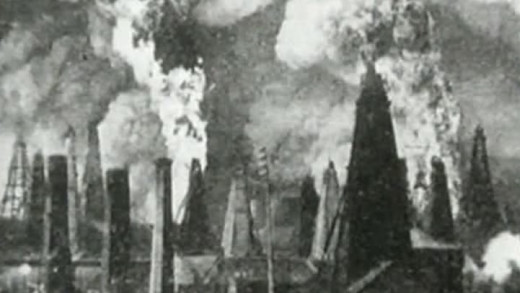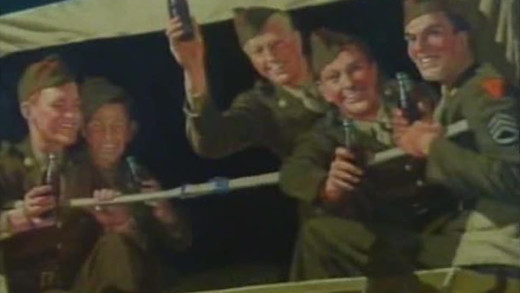Confessions of an Economic Hit Man is a presentation by John Perkins, based on the book by the same name published by him in 2004. Perkins describes the role: "Economic hit men are highly-paid professionals who cheat countries around the globe out of trillions of dollars. They funnel money from the World Bank, the US Agency for International Development (USAID), and other foreign "aid" organisations into the coffers of huge corporations and the pockets of a few wealthy families who control the planet's natural resources. Their tools included fraudulent financial reports, rigged elections, pay-offs, extortion, sex, and murder. They play a game as old as empire, but one that has taken on new and terrifying dimensions during this time of globalisation."
Money is a new form of slavery and is only distinguishable from the old slavery simply by the fact that it is impersonal--that there is no human relation between master and slave. Debt in government, corporate and household has reached astronomical proportions. Where does all this money come from? How could there be that much money to lend? The answer is that there isn’t...
In 2001, the collapse of the Enron Corporation was of one of the largest business scandals in American history. The collapse resulted in criminal trials for several of the company's top executives, bringing the facts of exposure to Enron's involvement in the California electricity "crisis," where the company had rigged the market in order to generate huge speculative profits during the power shortages and blackouts of the time that effected millions of people.
Did you know that the legal system recognises a corporation as a person? What kind of 'person' is it then? What would happen if it sat down with a psychologist to discuss its behaviour and attitude towards society and the environment? Explored through specific examples, this film shows how and why the modern-day corporation has rapaciously pressed itself into the dominant institution of our time, posing big questions about what must be done if we want a equitable and sustainable world. What must we do when corporations are psychopaths?
Ammo for the Info Warrior is a two part series of collections of short films by the Guerrilla News Network (GNN), an independent news organisation with a mission to expose young people to important global news and information free from corporate filters. Each part consists of a selection of 5 to 10 minute videos covering a range of stories, from the violent diamond trade in Sierra Leone; to the PR industry's manipulation of public opinion; to analysis of IBM and its role in the Holocaust; to CopWatch, a movement of people keeping police accountable; and short slam poetry clips about the business of hip-hop. Ammo for the Info Warrior experiments with format with the aim of being an innovative educational tool to tackle serious socio-political issues for a generation brought up on MTV. It can be a catalyst for discussion and debate, encouraging the viewer to develop skills in critical thinking and analysis.
Coca Or Death delves into Bolivia -- a country torn apart by the demands of the western world for coca. This film investigates why bloody battles have broken out between farmers and armed troops on the streets of La Paz, and what the impact of privatisation is having through the country. Coca has become a symbol of national resistance in Bolivia...
We tend to think of slavery as one of the points in Colonial History's dark past—an offence against humanity that was abolished in the 18th century. But slavery is rampant like never before. It's just that today the slaves are well hidden in plain sight. The global economy has enabled the immense wealth of the West, giving rise to strengthening a sinister market in slaves throughout Africa, Asia, South America, Britain and the United States. This film sets out to discover where slavery is flourishing, why it's touching all of our lives, and how we can challenge it.
Taken for a Ride details the conspiracy led by General Motors to buy up and dismantle public transport lines throughout the United States in the 1930s. Across the nation, tram and train tracks were torn up--sometimes overnight--and diesel buses placed on city streets. The highway lobby then pushed out a vast network of urban freeways that fuelled suburban development, increased auto dependence and elicited passionate opposition...
The Prize: The Epic Quest for Oil, Money, and Power is an 8-part series based on Daniel Yergin's book by the same name, that captures the panoramic history of the largest industry in the world and traces it's changing face over the decades. Each episode in the series focuses on an era of oil, from beginning to today; while examining the connections and ramifications of an industry that literally transformed global political and economic landscapes--while continuing to make its mark...
Pepsi vs. Coke in The Ice Cold War traces the history of the worldwide struggle for soft drink supremacy by the Coca Cola Company, against the backdrop of World War II. The war was the perfect vehicle for Coca-Cola distribution, including to the Nazis. Bottling plants on front lines were paid for by the US war department. Nixon got Kremlin supremo, Khrushchev, to pose drinking Pepsi, which became the first US product made in the Soviet Union. In 1949, Mao kicked Coca-Cola out of China. President Carter got it back in 1978. In Chile, Pepsi Cola's boss ran a daily paper which was used by the CIA to help Pinochet's bloody coup...
